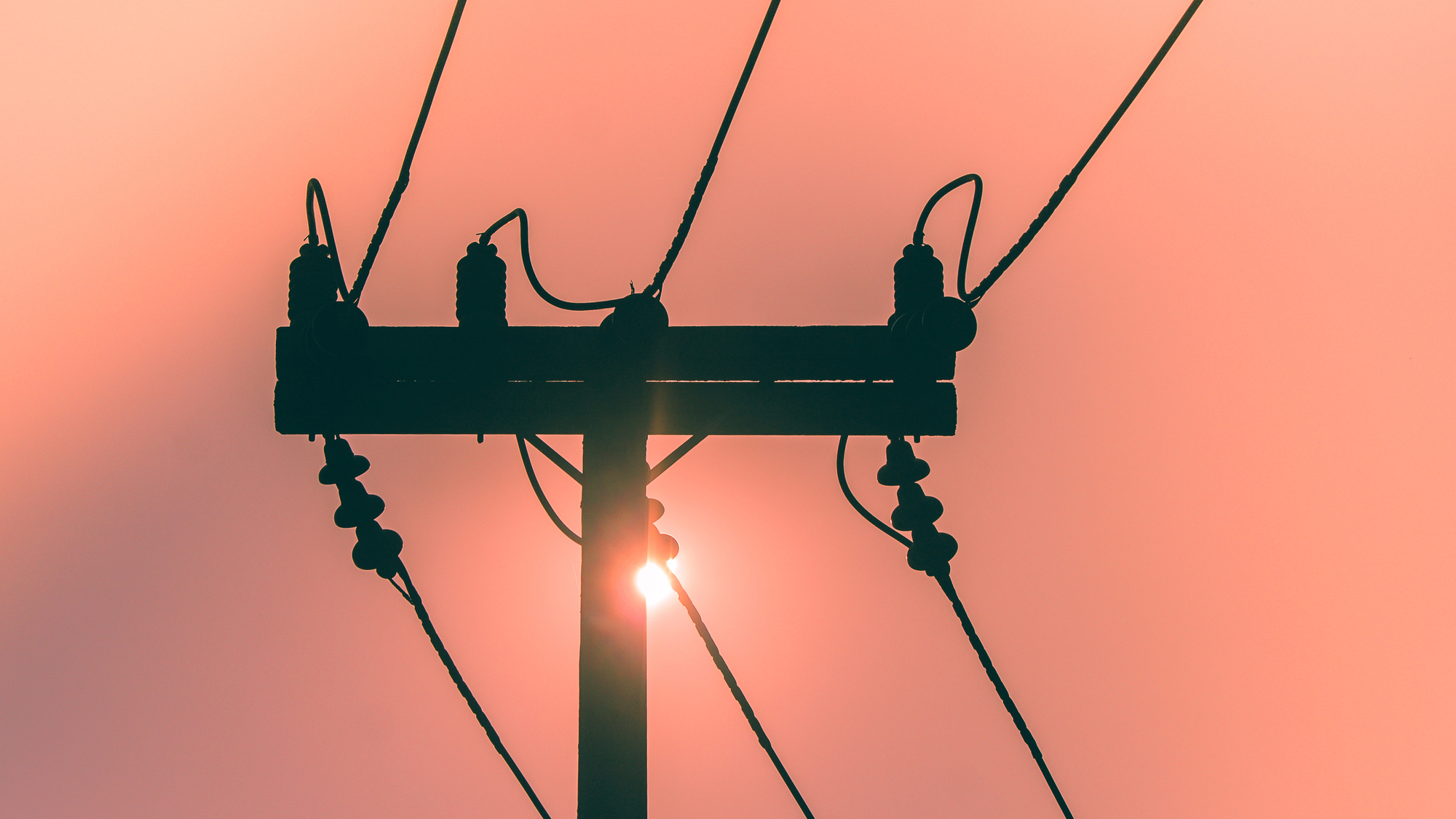

A worrying new report from the North American Electric Reliability Corporation (NERC) estimates over two-thirds of North America will see elevated risks of energy grid shortfalls and blackouts over the summer if faced with extreme temperature spikes and dire weather. While resources remain “adequate” for normal seasonal peak demand, the major non-profit international regulatory authority’s 2023 Summer Reliability Assessment warns most of the US—including the West, Midwest, Texas, Southeast, and New England regions—may not possess enough energy reserves to handle heatwaves, severe storms, and hurricanes.
NERC’s report is particularly troubling given this year’s El Niño forecast. El Niño historically produces wetter-than-average conditions along the Gulf Coast alongside drier climates for areas such as the Pacific Northwest and the Rocky Mountains. While a naturally occurring event, both El Niño and La Niña weather patterns are expected to rapidly strengthen by the end of the decade due to the exacerbations from climate change. On top of this, industry watchdogs say the US power grid still requires critical maintenance, repairs, and modernization. “The system is close to its edge,” warned NERC’s Director of Reliability Assessment and Performance Analysis John Moura in a call with reporters.
In Texas, for example, the NERC explains that “dispatchable generation may not be sufficient to meet reserves during an extreme heat wave that is accompanied by low winds.” Wildfire risks in the West and Northwest, on the other hand, could jeopardize the ability to transfer electricity as needed, resulting in “localized load shedding.”
[Related: How an innovative battery system in the Bronx will help charge up NYC’s grid.]
“This report is an especially dire warning that America’s ability to keep the lights on has been jeopardized. That’s unacceptable,” Jim Matheson, the CEO of the National Rural Electric Cooperative Association, said in a statement.“Federal policies must recognize the compromised reliability reality facing the nation before it’s too late.”
In addition to reliability concerns during peak performance times, the NERC report notes that continued supply chain issues concerning labor, material, and equipment have affected preseason maintenance for generation and transmission facilities across North America.
Still, NERC’s assessment isn’t entirely bad news—much of northern Canada and the US East Coast face a low risk of exceeding their operating reserves. Meanwhile, no region in North America is currently staring down a “high” risk of not meeting their needs during normal peak conditions. “Increased, rapid deployment of wind, solar and batteries have made a positive impact,” said Mark Olson, NERC’s manager of Reliability Assessments. “However, generator retirements continue to increase the risks associated with extreme summer temperatures, which factors into potential supply shortages in the western two-thirds of North America if summer temperatures spike.”
